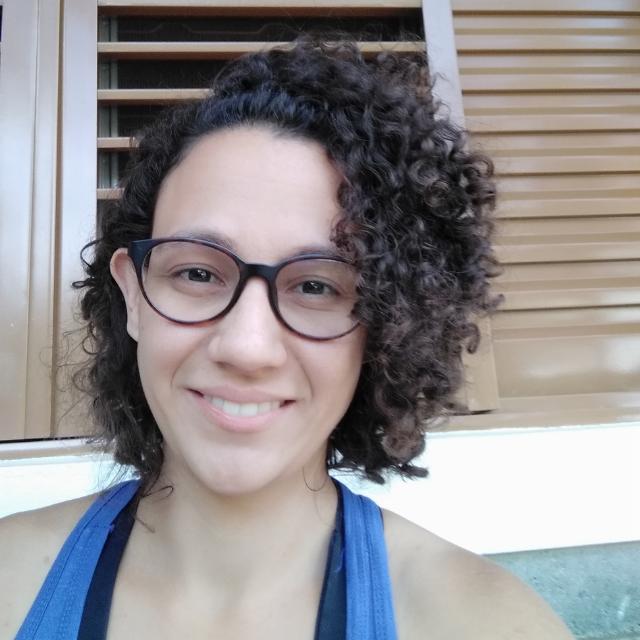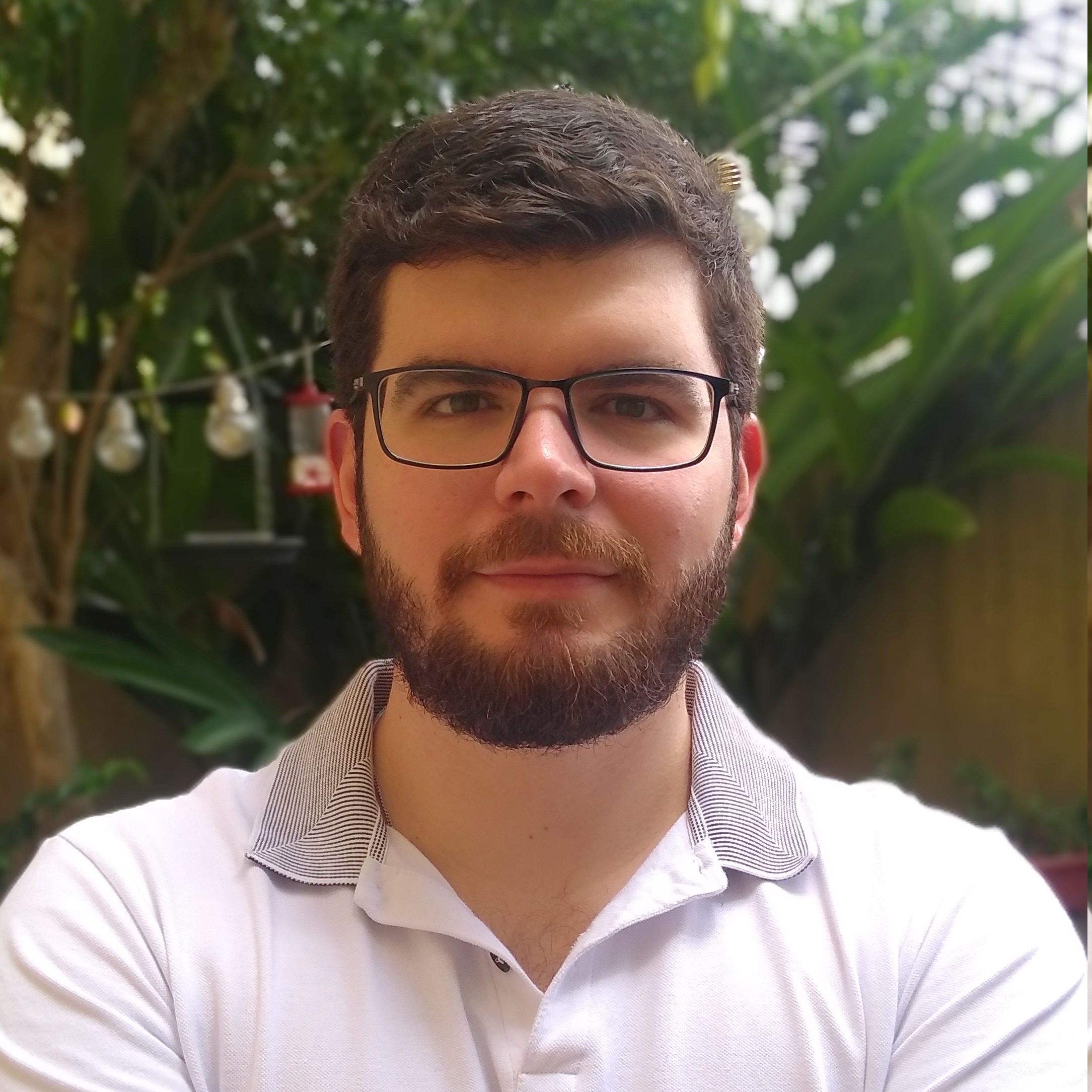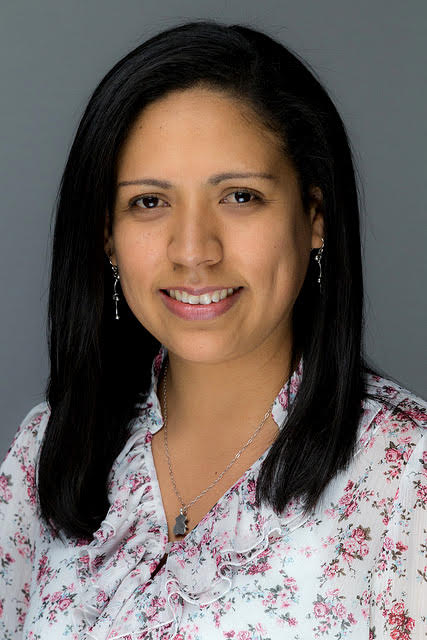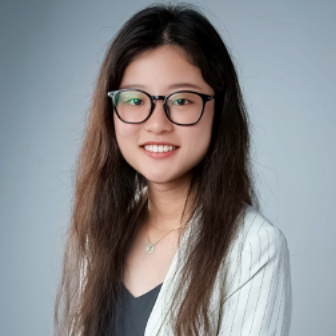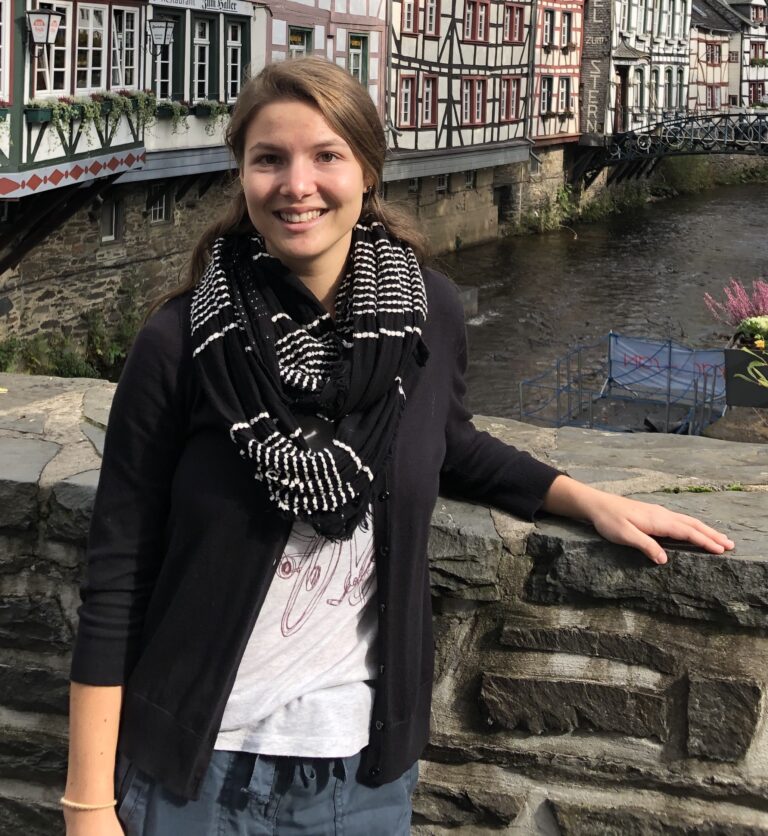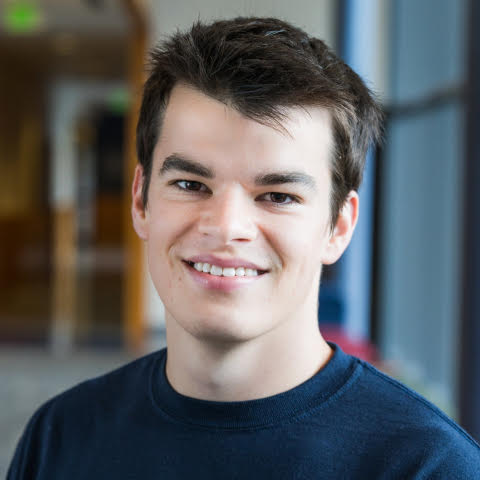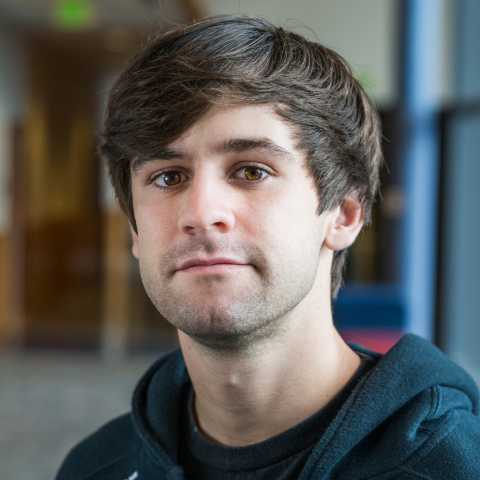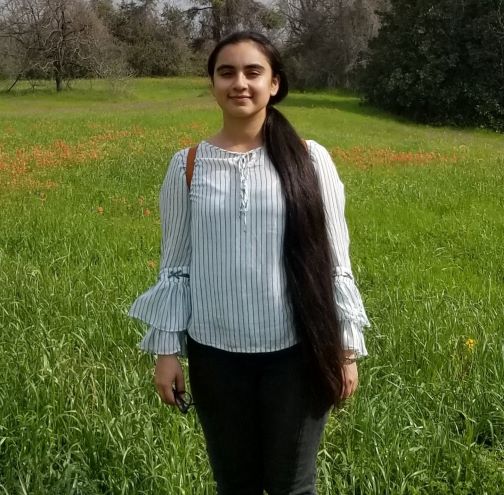Dr. Cris Taniguti is a postdoctoral research scientist from the Genetics and Plant Breeding at the "Luiz de Queiroz" College of Agriculture, University of São Paulo (ESALQ/USP). Her current work at Texas A&M University focuses on the development of algorithms and workflows to build ultra-dense linkage maps for outcrossing species. She is the current maintainer of OneMap, an R package for linkage mapping in diploid outcrossing species. Cris will be helping attendees with the SCRI Polyploid Computing Support Group. |
Dr. Gabriel Gesteira is a Ph.D. candidate in Plant Breeding and Genetics at the “Luiz de Queiroz” College of Agriculture, University of São Paulo (ESALQ/USP). His current work focuses on the development of computational tools and their application to linkage and QTL mapping in Panicum maximum, an autotetraploid species. His interests involve polyploidy, plant breeding, quantitative genetics, statistical genetics, and programming. He will be helping attendees at the Virtual Project Meeting and Training Workshop through the R Bootcamp and the SCRI Polyploid Computing Support Group. |
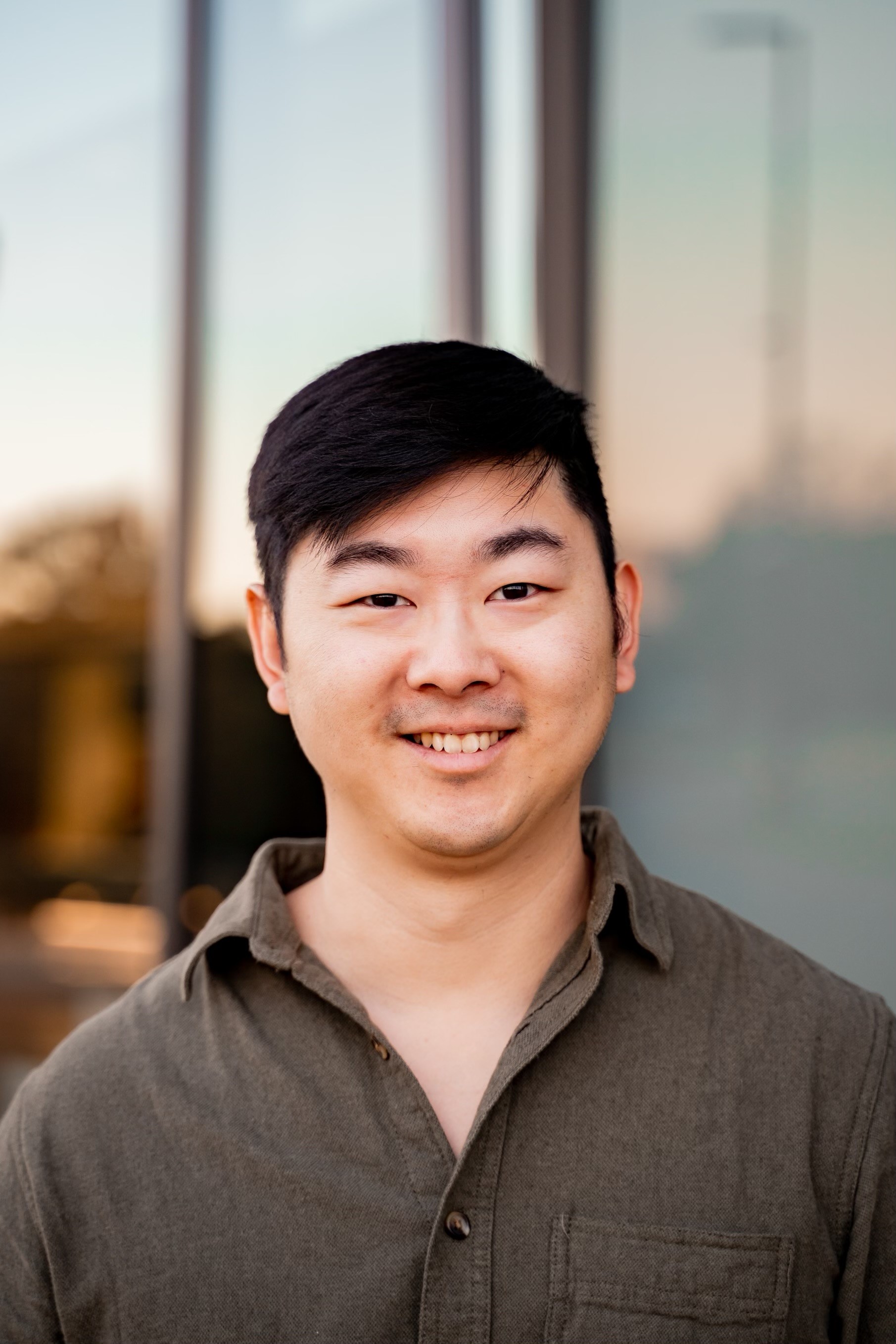 Dr. Jeekin Lau is a postdoctoral research scientist at Texas A&M University. Jeekin currently works on utilizing and comparing available genetic tools for tetraploid roses. He has experience using tetraploid SNP-array-based genotyping, genotype calling, linkage mapping, and QTL mapping for disease and horticultural traits. Jeekin will be helping attendees with the SCRI Polyploid Computing Support Group. |
Dr. Maria Caraza-Harter is a post-doctoral research associate at the University of Wisconsin-Madison in the Endelman Lab. She earned a Ph.D. degree in Plant Breeding and Plant Genetics at UW-Madison studying the genetics of skin set and color in red potatoes. Her main interests are in quantitative genetics and genomic association for quality traits in tetraploid potatoes. Maria will be helping attendees at the Training Workshop for the Tools for Genomics-Assisted Breeding in Polyploids project. |
Sanjeev Gautam is a Ph.D. student with the Potato Breeding Program at Texas A&M University. His current work involves the evaluation of potato genotypes for stress tolerance and dormancy. His areas of interest are plant physiology, breeding, and genetics. |
Jeewan Pandey is a Postdoctoral Research Associate in the Texas A&M Potato Breeding Program. He finished his Ph.D. from the Department of Horticultural Sciences at Texas A&M University. His research was focused on genetic diversity, Genome-Wide Association Studies (GWAS) of tuber morphology traits, and evaluation of chipping performance. His interests are in plant breeding, genetics, and data science. He enjoys teaching and servicing professional organizations. |
Qiuyi Fu was born and raised in Hangzhou, a city located in eastern China. She received her Bachelor of Science in Agricultural Leadership and Development with a minor in Horticultural Science at Texas A&M. During her undergraduate studies, she had the opportunity to take horticulture science classes which influenced her decision to add a minor in horticulture science and pursue a Master of Science degree in the Horticulture Science department. Qiuyi began working in Dr. Oscar Riera-Lizarazu’s lab in the summer of 2019 as an undergraduate student which exposed her to the rose breeding and genetics program. The following year, she was admitted into the graduate school at Texas A&M and continued her studies in the rose breeding program. |
Tessa Hochhaus is originally from Gainesville, Florida. She received her B.S. in 2019 from the University of Florida in Plant Science, specializing in Genetics. During her undergraduate studies, she conducted research on Downey mildew resistance in basil and developing coleus with maximum aesthetic appeal. She completed two internships during her undergraduate degree, one at Pleasant View Gardens in Loudon, New Hampshire, and another at Kientzler Young Plants in Gensingen, Germany. In fall 2020, Tessa began pursuing a Ph.D. in horticulture at Texas A&M and joined the Rose Breeding & Genetics program. Tessa’s graduate work involves identifying molecular markers for black spot resistance within tetraploid populations. She is also looking at a diploid population to phenotype for multiple quantitative traits including defoliation, Cercospora leaf spot, black spot, and flower intensity. |
Carly Godwin is a student at the University of Arkansas working towards a Master of Science in Horticulture with an emphasis on molecular breeding and genetics. The UA fruit breeding program is conducting a genome-wide association study (GWAS) on blackberries. Her research is a part of the GWAS project and focuses on the genetic control of blackberry fruit quality aspects such as pH, titratable acidity, and soluble solid content as well as seediness and drupelet number. |
Chris Benson received his BS in Plant Biology at Ohio University in 2016 and is now a 5th year PhD Student in Dr. David Huff's lab at Penn State. Chris uses computational biology and genomics to better understand phenotypic adaptability in polyploid turfgrass species. |
Matthew Sheltra is a Plant Biology Ph.D. candidate at the Pennsylvania State University. His current work involves developing molecular markers for agronomically valued traits in the allotetraploid species Agrostis stolonifera through Genome-Wide Association Studies. Additionally, he is investigating the interaction between the parasitic fungus Salmacisia buchloëana and Bouteloua dactyloides, which ranges from diploid to autohexaploid. Matt is interested in turfgrass genetics, breeding, and pathogen-host interactions. |
Yanlin Liao is a Ph.D. candidate in Quantitative Genetics at Plant Breeding, Wageningen University and Research. Her current work focuses on developing tools for understanding the inheritance and linkage mapping in polyploid species using the probabilistic method. Her interests include polyploidy, quantitative genetics, bioinformatics, and plant breeding. |
Haramrit Gill is originally from Punjab, India. She received her Bachelor of Science in Agriculture and Masters in Vegetable Breeding from the Punjab Agricultural University, Ludhiana. She started her Ph.D. in the fall of 2018 at Texas A&M University and joined the Rose Breeding and Genetics lab in Jan 2020. Her graduate work involves studying genetics for flower color transition in tetraploid roses. |

